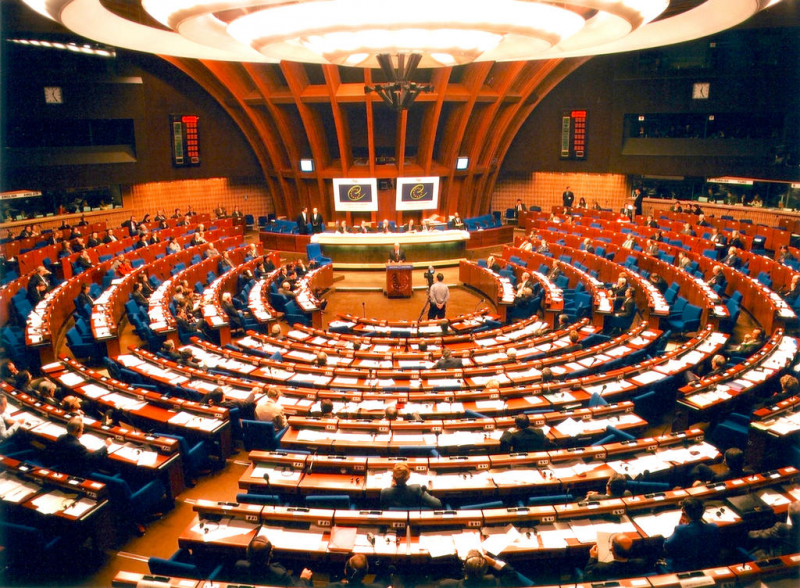Round Table Democratic Transitions: regional examples and good practices

What is a democratic transition?
How to switch from an authoritarian regime to a democracy?
Can we distinguish several waves of transitions in contemporary history?
Can we impose democracy from the outside?
Does economic development contribute to it?
Are there one or more specific European features in this area?
President Joe Biden’s speech of August 31 on the withdrawal of the United States from Afghanistan
invites more than ever to wonder about the end of the American-style Nation Building which has
dominated the last decades and to question the different paths leading States to democracy.
In Strasbourg, the Round Table will discuss the definitions of democratic transitions and will illustrate
them with regional examples, in Europe and in the world, by highlighting the historical and political
specificities, as well as the lessons from these various processes.
It will address the types of past or current reforms in several regions and the challenges of long-term
acquisition of the reflexes specific to democracy.
Speakers
Claudia Luciani, Director of the Human Dignity, Equality and Governance Directorate, European
Council
Emmanuel VERON, Doctor of geography, specializing in China and Asia. He is associate professor researcher at UMR IFRAE and at the Naval School. He is teaching in a Master at Inalco.
Michael BENHAMOU, Associate Researcher at the Martens Center for European Studies, former
NATO Policy Advisor
Benoit BARRAL, A graduate of Science Po Aix in international relations, of the Sorbonne in African
studies and of the London School of Economics in Conflict Studies
Animation : Aymeric BOURDIN, directeur of l’Institut des Transitions.
Public
About thirty qualified personalities will be present in the room, including members of the Council of
Europe, elected officials, journalists, academics …
A cocktail will be held at the begining of the round table.
Program
12pm – Welcome cocktail
12.30pm – Begining of the debate
13.30pm – Open debate
Register here
Lieu d’Europe, 8 Rue Boecklin, 67000 Strasbourg